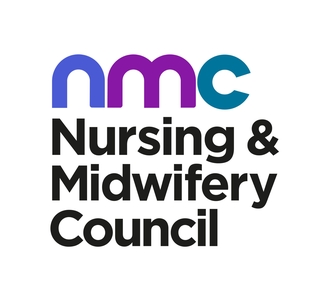A widespread investigation into exam fraud has led to disciplinary actions against hundreds of Nigerian nurses in the United Kingdom. The probe, conducted by the UK’s Nursing and Midwifery Council (NMC), uncovered irregularities in the computer-based testing (CBT) examination required for foreign-trained nurses seeking to work in the UK.
According to the NMC, investigators observed suspiciously quick completion times for some candidates, prompting a thorough review of the examination results. The investigation revealed that 48 registered professionals and 669 applicants had achieved their CBT results in a time that suggested fraudulent activity. Additionally, 467 registered professionals and 771 applicants had their CBT results invalidated without allegations of fraud.
The NMC has taken swift action against the affected individuals, with some facing visa revocation and deportation by the UK Home Office. Others will be required to retake the CBT examination for free through Pearson VUE. However, passing the retest does not guarantee reinstatement or automatic approval of pending applications. Those found guilty of fraud will face disciplinary hearings before an Independent Panel, which will determine whether they should remain on the register.
The NMC has assured affected individuals that it is working to resolve cases as quickly as possible and has provided support for those struggling with the process. Over the past year, the council has held 12 fraudulent entry hearings, resulting in the removal of 10 nurses from the register, while two were cleared of any wrongdoing.
The investigation has sparked concerns about the integrity of the nursing profession in the UK. With over 42,000 Nigerian nurses relocating abroad in the last three years, and 13,656 Nigerian-educated nurses and midwives practicing in the UK as of August 2024, the NMC’s efforts to maintain the highest standards of professionalism are crucial.
The NMC’s actions demonstrate its commitment to upholding the integrity of the nursing profession and protecting the public interest. By taking decisive action against those who have engaged in exam fraud, the council is sending a strong message that cheating will not be tolerated.
The investigation has also highlighted the need for robust testing and verification processes to ensure that nurses entering the UK workforce meet the required standards. The NMC’s efforts to strengthen its testing procedures and prevent future instances of exam fraud are essential to maintaining public trust in the nursing profession.
In conclusion, the UK’s crackdown on exam fraud among Nigerian nurses is a necessary step to maintain the integrity of the nursing profession and protect public interest. The NMC’s actions demonstrate its commitment to upholding the highest standards of professionalism, and its efforts to strengthen testing procedures will help prevent future instances of exam fraud.
